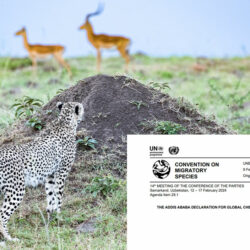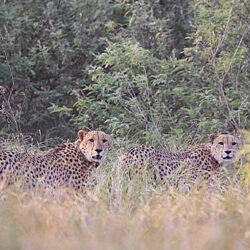Illegal Wildlife Trade Update – Somaliland
-

- by Patricia Tricorache March 20, 2019
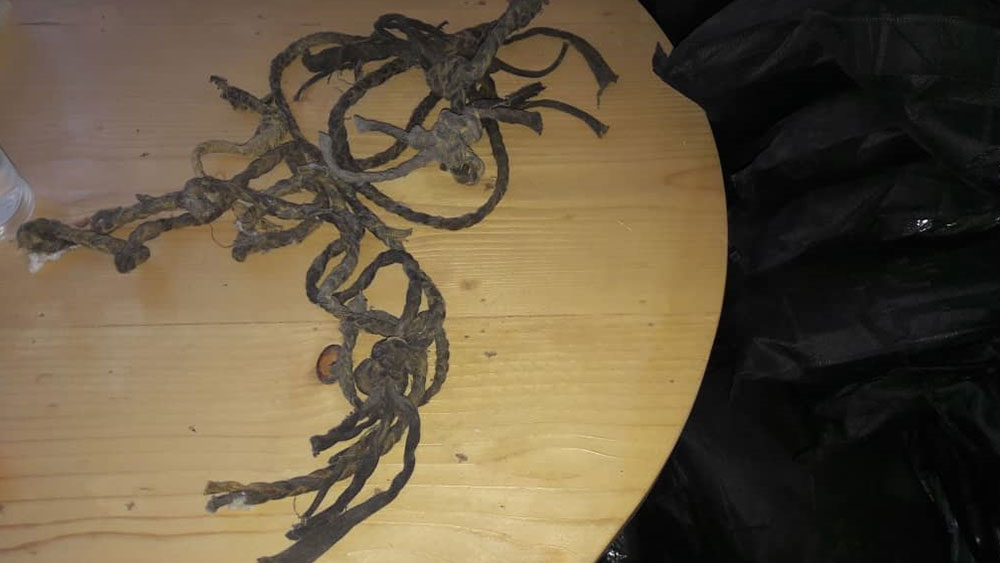
Over the past two months we have seen a lot of illegal wildlife trade activity in Somaliland. Three cubs were confiscated on February 19th and are currently being cared for at our safe house. The cubs were extremely young for being away from their mother at about 6 weeks old but are recovering, although young cubs will often become ill in spite of the best care. We remain guarded on their long term prognosis. Less than a month later, on March 11th we received four cubs that were ~10 weeks old. When they were confiscated, they were on their way to be sold in Hargeisa. The cubs were quite scared and presented a few health issues, as young cubs in transit to market often do. They were fed and given a work-up and seem to be doing much better. Two days after that confiscation, on March 13, two more cubs were brought in. This pair were ~12 weeks old and came from the Erigavo region in eastern Somaliland. The same area that one of our older orphans named Dhoobi was confiscated almost two years ago. Erigavo is quite far from Hargeisa, so it took an overnight trip to get the two cubs to the safe house. They are fearful, and also have presented digestive issues, requiring hydration and careful hand feeding. They too are now slowly improving.
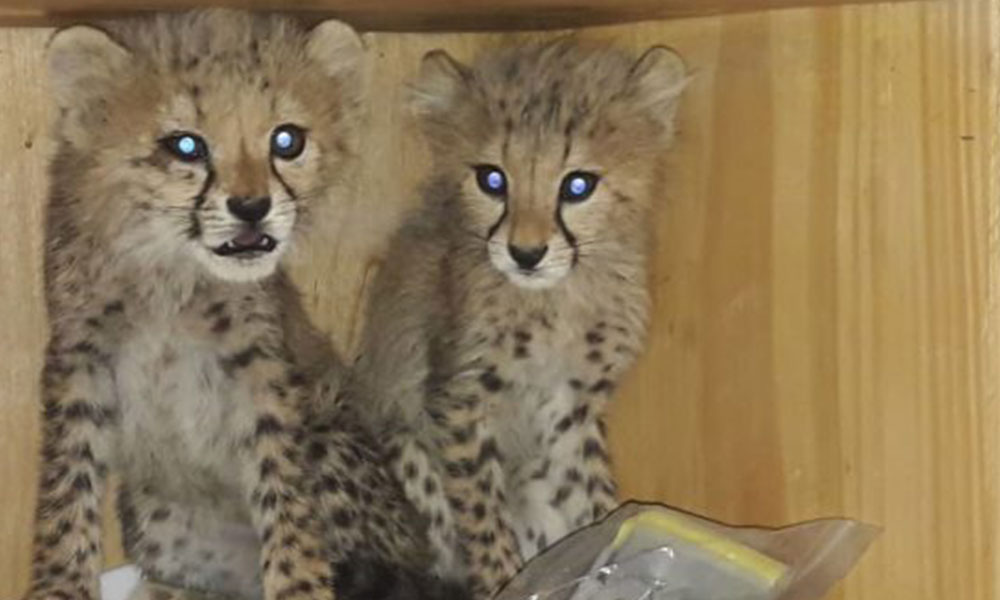
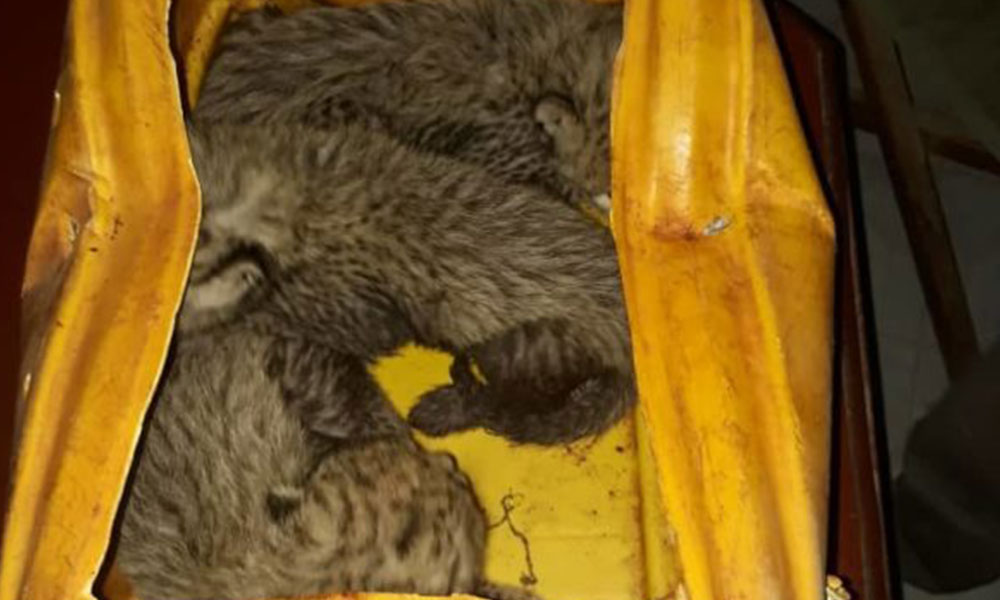
There are now a total of 23 cheetahs living in the safe house in Somaliland, and more are currently under investigation. We continually get reports of new cheetahs being offered for sale. Some have been false reports but the majority were followed by an influx of incredibly ill animals. We are disappointed to see that no arrests have been linked to any of these recent confiscations. The lack of penalty is concerning because it means that poachers who lose cubs to confiscation are simply free to go out and get more. However, CCF is very keen to keep our relationships strong in the region and will continue to work with the authorities to encourage stricter enforcement of the law. We have spent many years building trust and confidence with the regional governments where poaching is most prevalent and also within the international community through involvement with the Convention on International Trade in Endangered Species of Wild Fauna and Flora (CITES) and cooperation with fellow NGOs.
One of our biggest challenges now is reaching the communities where poaching is part of the income stream. To prevent poaching for the illegal pet market we need to raise awareness on a community level and educate people about the destructive impact of the trade. Cheetahs have a long history of being kept as pets and regional cultures still view the practice as acceptable. People are not fully aware of how the trade impacts the wild population and they are not always aware that for each cub they buy, several more died in the process of being taken from the wild and transported to be sold. Unless we are able to stop the poaching of cubs on the ground, we will continue to see sick and frightened young animals that need our help.
Related Reading
-
February 19, 2024
The Addis Ababa Declaration for Global Cheetah Conservation -
June 2, 2023
Project Cheetah Update

